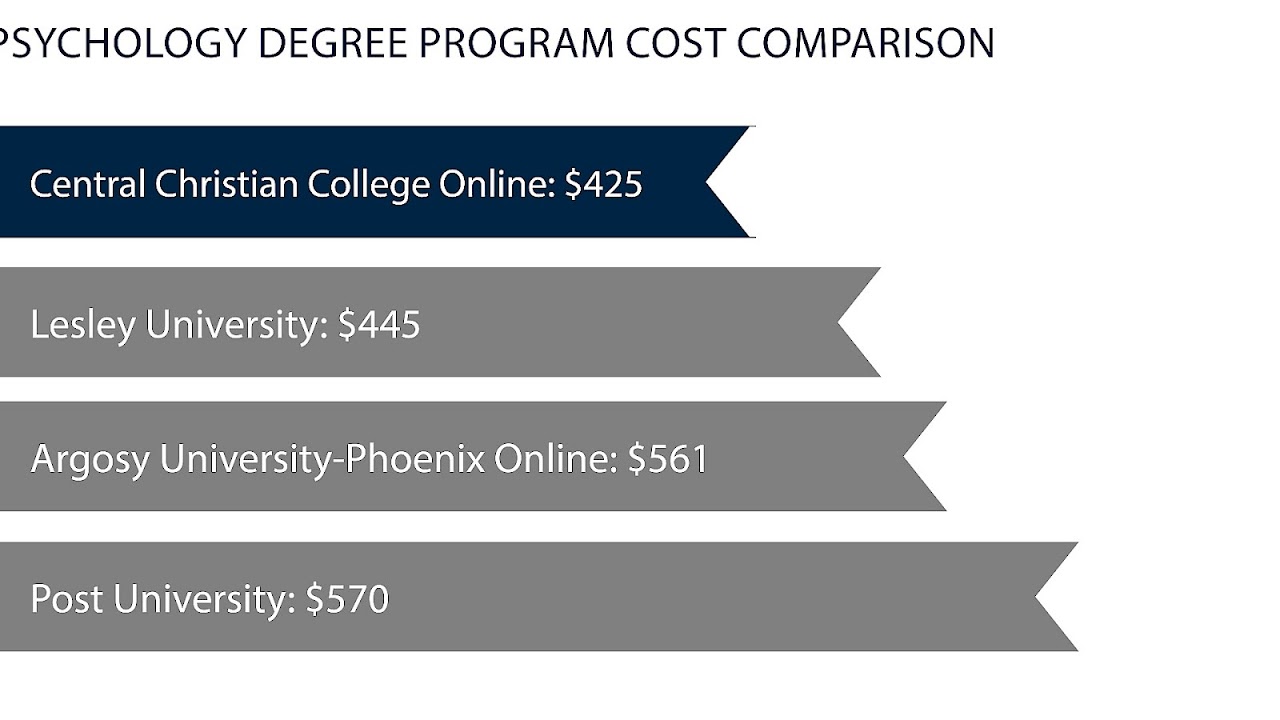
The online disinhibition effect is the reduction or abandonment of social restrictions and inhibitions found in normal face-to-face communication when using remote electronic communications. Many factors cause this disinhibition, including the appearance of dissociative anonymity, invisibility, asynchronicity, solipsistic introjection, dissociative imagination, and minimization of authority.

Maps, Directions, and Place Reviews
General concept
Because of this loss of inhibition, some users may exhibit benign tendencies, including becoming more affectionate, more willing to open up to others, and less guarded about emotions, all in an attempt to achieve emotional catharsis. According to psychologist John Suler, this particular occurrence is called benign disinhibition.
With respect to bad behavior, users on the Internet can frequently do or say as they wish without fear of any kind of meaningful reprisal. In most Internet forums, the worst kind of punishment one can receive for bad behavior is usually being banned from a particular site. In practice, however, this serves little use; the person involved can usually circumvent the ban by simply registering another username and continuing the same behavior as before. Suler calls this toxic disinhibition.
CB radio during the 1970s saw similar bad behavior:
Most of what you hear on CB radio is either tedious (truck drivers warning one another about speed traps) or banal (schoolgirls exchanging notes on homework), but at its occasional--and illegal--worst it sinks a pipeline to the depths of the American unconscious. Your ears are assaulted by the sound of racism at its most rampant, and by masturbation fantasies that are the aural equivalent of rape. The sleep of reason, to quote Goya's phrase, brings forth monsters, and the anonymity of CB encourages the monsters to emerge.
Suler names six primary factors behind why people sometimes act radically differently on the internet from the way they do in normal face-to-face situations:
Psychology Online Video
Possible consequences
Perhaps one of the most serious consequences of the online disinhibition effect is the advent of cyberbullying in recent years. The website overcomebullying.org states that "[with] the advent of modern communications such as email, chat, text messaging and cell phones as well as the ability to publish online on websites, blogs and social networking sites such as Facebook and MySpace making their message instantly available to millions, the bully's reach and powers of social manipulation have been increased exponentially". The site goes on to suggest that "[perhaps] the internet lends itself to this indifference. Bullies don't have to see their victims or answer for their actions", which seems to fit with the You Don't Know Me and You Can't See Me concepts. Cyberbullying may also include other offensive behaviors such as cyberstalking, revenge porn, and creating copycat accounts of others.
Likewise, the online disinhibition effect might also be attributable to the controversial state of the comment sections on many online blogs, and on sites like YouTube. Blogs like Stop Anonymous Online Comments claim that the anonymity granted to Internet users leads to comments "[often] filled with exaggerations, outright lies, threats of violence, and blatant racism", and that "the vast majority of these reader comments are published in complete anonymity [...]". "This anonymity", the author goes on to opine, "fosters an environment that tolerates, even encourages, comments and statements that tear at the fabric that holds our society together". The general feeling is that the average internet user would not make such comments or behave in such ways if not for the invisible smokescreen that online usernames and anonymity provide. According to Norman H. Holland, "people regress" when communicating online because, among other reasons, the physical distance from other users and the inability to interpret body language and physical reactions results in a lack of direct feedback.
The online disinhibition effect can also have potentially deleterious effects on one's job security and future employment opportunities. Sixteen-year-old Kimberley Swann was fired from her job due to negative comments she made about her occupation on her Facebook page, while another infamous case involved a woman, Heather Armstrong, being terminated after "lampooning" her colleagues on the Internet. These are consequences of certain Internet users believing themselves to be unchained from typical social strictures. The author of Six Causes of Online Disinhibition states that "[c]ompared with face-to-face interactions, online we feel freer to do and say what we want and, as a result, often do and say things we shouldn't".
Another possible consequence is that people will learn to distance themselves from interactions on the Internet so that they are not traumatized by those behaviors which would be unacceptable in face-to-face interactions but which usually go essentially unpunished in interactions over the Internet.

In popular culture
Popular online comic Penny Arcade describes "John Gabriel's Greater Internet Fuckwad Theory", which posits that an otherwise well-adjusted person, given anonymity and a captive audience, will immediately turn into a "total fuckwad", exhibiting antisocial and psychopathic behaviors online.
Source of the article : Wikipedia


EmoticonEmoticon